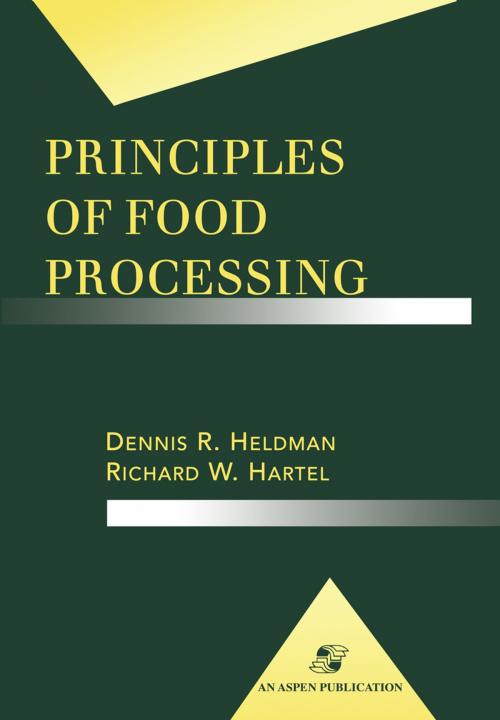| Author: | Richard W Hartel, Dennis R. Heldman | ISBN: | 9781461560937 |
| Publisher: | Springer US | Publication: | December 6, 2012 |
| Imprint: | Springer | Language: | English |
| Author: | Richard W Hartel, Dennis R. Heldman |
| ISBN: | 9781461560937 |
| Publisher: | Springer US |
| Publication: | December 6, 2012 |
| Imprint: | Springer |
| Language: | English |
The approach to teaching the concepts of food processing to the undergrad uate food science major has evolved over the past 40 years. In most under graduate food science curricula, food processing has been taught on a commodity basis. In many programs, several courses dealt with processing with emphasis on a different commodity, such as fruits and vegetables, dairy products, meat products, and eggs. In most situations, the emphasis was on the unique characteristics of the commodity and very little empha sis on the common elements associated with processing of the different commodities. Quite often the undergraduate student was allowed to select one or two courses from those offered in order to satisfy the minimum standards suggested by the Institute of Food Technologists. The current 1FT minimum standards suggest that the undergradu ate food science major be required to complete at least one food processing course. The description of this course is as follows: One course with lecture and laboratory which covers general characteristics of raw food materials, principles offood preserva tion, processing factors that influence quality, packaging, water and waste management, and sanitation. Prerequisites: general chemistry, physics, and general microbiology.
The approach to teaching the concepts of food processing to the undergrad uate food science major has evolved over the past 40 years. In most under graduate food science curricula, food processing has been taught on a commodity basis. In many programs, several courses dealt with processing with emphasis on a different commodity, such as fruits and vegetables, dairy products, meat products, and eggs. In most situations, the emphasis was on the unique characteristics of the commodity and very little empha sis on the common elements associated with processing of the different commodities. Quite often the undergraduate student was allowed to select one or two courses from those offered in order to satisfy the minimum standards suggested by the Institute of Food Technologists. The current 1FT minimum standards suggest that the undergradu ate food science major be required to complete at least one food processing course. The description of this course is as follows: One course with lecture and laboratory which covers general characteristics of raw food materials, principles offood preserva tion, processing factors that influence quality, packaging, water and waste management, and sanitation. Prerequisites: general chemistry, physics, and general microbiology.















